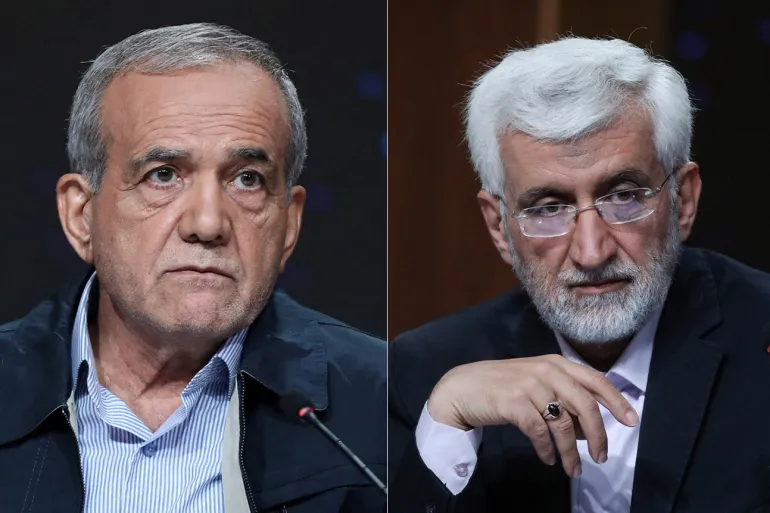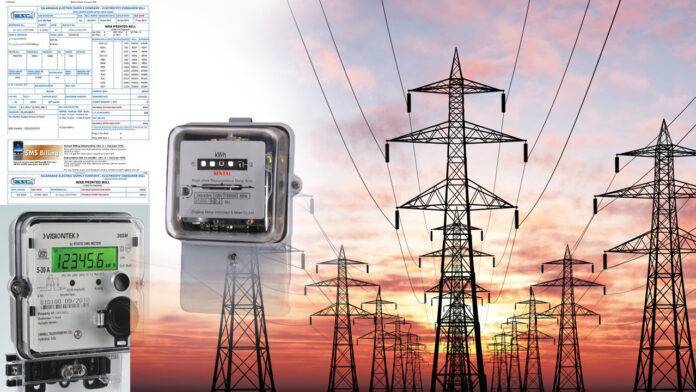The Iranian presidential race has come down to two contenders with divergent visions for the country’s future. Saeed Jalili and Masoud Pezeshkian, the remaining candidates, offer distinct perspectives, but experts suggest that their differences may not lead to significant changes in Iran’s foreign policy.
Pezeshkian, a former health minister and surgeon, emerged as the top candidate in the election but fell short of the required 50% of the vote, leading to a runoff against Jalili on July 5. Notably, Pezeshkian is the sole non-conservative candidate in the race and enjoys support from reformists aiming to mend relations with the West, particularly seeking to renegotiate the nuclear deal to alleviate economic sanctions on Iran.
Jalili, on the other hand, is characterized as a staunch representative of conservative politics. With a history as the chief nuclear negotiator, he has opposed compromise on Iran’s uranium enrichment program and is expected to adopt a more confrontational approach toward the West, especially the US, if elected.
Despite their differing stances, it’s important to note that Iran’s president operates within a limited mandate as Supreme Leader Ayatollah Ali Khamenei and the Islamic Revolutionary Guard Corps hold considerable influence over foreign policy. This raises questions about the extent to which a change in presidency would impact Iran’s foreign relations, especially given the ongoing sanctions and regional tensions.
The outcome of the upcoming election holds significance not only for Iranians but also for global powers, as it could shape the trajectory of Iran’s engagement with the West and its regional policies. However, regardless of who assumes the presidency, the broader international landscape and the ongoing nuclear negotiations will also play a crucial role in shaping Iran’s foreign policy.
While the election could influence the tone and attitude of Iran’s nuclear diplomacy, the president’s ability to bring about substantial changes remains constrained. The candidate’s approach to engaging with the West, particularly regarding the nuclear deal, will carry implications for Iran’s economy and its relations with the international community.
The contrasting visions of the presidential candidates reflect broader debates within Iranian society and the complexities of the country’s position in the global arena. As Iran’s electoral process unfolds, both internal and external factors will weigh heavily in shaping the country’s foreign policy direction in the years to come.
















